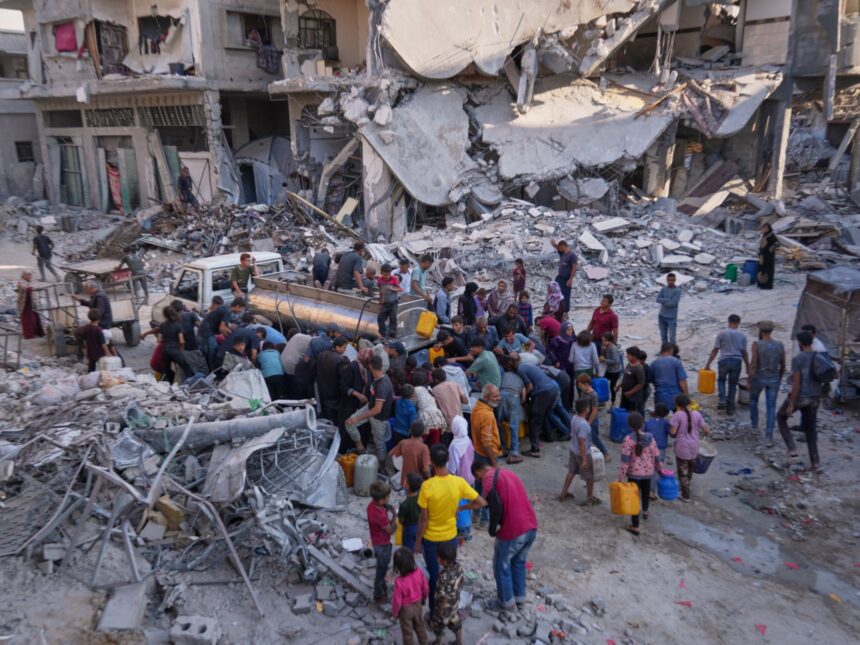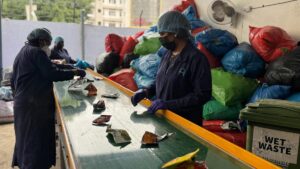Palestinians in Gaza continue to face severe challenges in accessing food, water, and essential medical supplies, one week into the ceasefire agreement. The flow of aid remains heavily restricted by Israel, which has been deemed a violation of the ceasefire terms. UNICEF spokesperson Tess Ingram emphasized the urgent need for humanitarian assistance, particularly in northern Gaza where many have returned to areas of complete destruction. She highlighted the importance of opening multiple crossing points to facilitate the delivery of not only food but also treatments for malnutrition affecting thousands of children. Although Israel’s military aid agency COGAT announced plans to coordinate with Egypt for the reopening of the Rafah crossing for civilian movement, it stated that aid deliveries would still be limited to inspections at the Karem Abu Salem crossing. With parts of Gaza experiencing famine conditions, UN Under-Secretary-General Tom Fletcher underscored the necessity for thousands of aid vehicles weekly to mitigate the humanitarian crisis, as recent reports indicate nearly 68,000 Palestinian deaths due to military operations. The World Food Programme’s regional director, Samer Abdeljaber, confirmed ongoing efforts to scale up relief operations to support over 1.6 million people in need.
Original Tweet: [source_url]
Hashtags: #People #Gaza #face #severe #shortages #ceasefire #agreement










